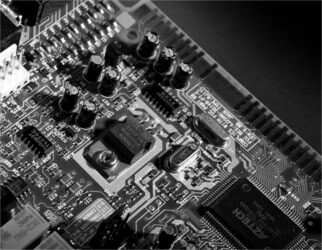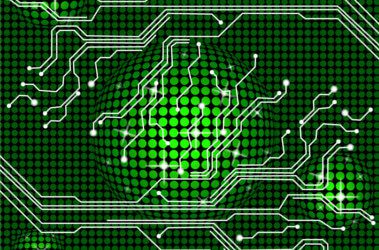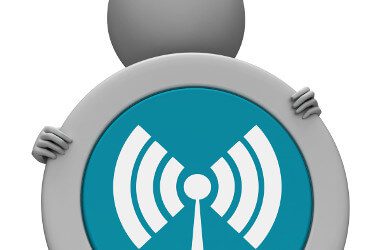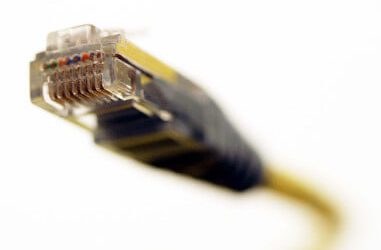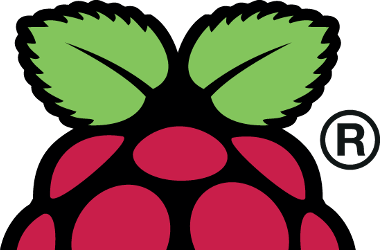Getting Started With Your Raspberry Pi
If your new to the Raspberry Pi then these articles will help you get up and going, from configuring and loading the operating system to setting up WiFi and IP addresses. You will also find some easy to make circuits to get you started on your maker journey.
How To Run Python On A Raspberry Pi
The Raspberry Pi can execute code written in a wide range of languages, given that the “Pi” in Raspberry Pi is a nod to the Python language itself and that it is a relatively easy to learn for the beginner, it’s a great place to start.
read moreSoldering Techniques for Raspberry Pi Projects
Soldering is one of the skills that can really expand what you are able to do as an electronics hobbist and fortunately it not difficult to learn. By practicing some basic techniques you can open up a whole world of new projects.
read moreConnect an LED and Button to a Raspberry Pi
Interacting with electronic circuits is one of the great things you can do with the Raspberry Pi utilising it’s General Purpose Input Output (GPIO) ports. If you are new to making electronic circuits then you do need to be careful as it is possible
read moreConfiguring WiFi on a Raspberry Pi
Adding WiFi to a Raspberry Pi (RPi) is a very simple process if you are using the latest version of Raspian, and can be very helpful if you want to use your RPi in an outdoor environment where being connected via an Ethernet cable is not possible…
read moreSet a Static IP Address on a Raspberry Pi
Configuring a static IP on a Raspberry Pi has the advantage of giving you a known IP address each and every time you power up your Pi and want to connect via SSH. In this example I am assuming that you are running the latest version of Raspian and have completed the initial config of your Pi…
read moreRaspberry Pi Initial Setup
If you’ve never heard of a Raspberry Pi Computer (RPi) before then I suggest that you head over to the Raspberry Pi Foundation and familiarise yourself with who they are and what they do. With over 5 million of these little micro computers…
read more

